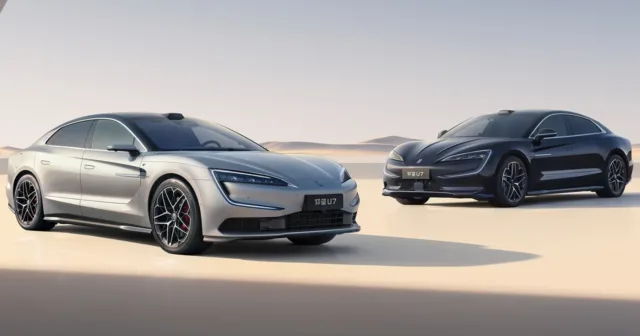China’s BYD, the world’s top-selling new energy vehicle (NEV) maker, celebrated a historic feat on Monday as its 13-millionth electric vehicle — the luxury sedan Yangwang U7 — rolled off its Shenzhen production line. The milestone underscores BYD’s relentless global dominance, with H1 2025 sales soaring to 2.113 million units domestically (+31.5 per cent YoY) and 472,000 overseas (+128.5 per cent YoY), cementing its lead in the NEV revolution.
India Strategy: Premium Focus Amid Challenges
While BYD dominates globally, its India journey remains measured. Entering in 2022 with the e6 MPV for corporate fleets, BYD now targets affluent Indian buyers with a premium portfolio:
- Atto 3 SUV (₹34 lakh): Its bestselling model, praised for range and tech.
- Seal sedan (₹41 lakh): Launched in 2024, rivalling Tesla Model 3.
- e6 MPV: Corporate and taxi segment staple.
Despite ambitions, BYD sold just ~2,400 units in India in 2024 — a niche player in a market led by Tata (72% EV share). High prices and import dependency (CKD assembly near Chennai) limit volume growth.
Global Heft, Local Hurdles
BYD’s 128.5% overseas surge highlights aggressive European and SEA expansion. In India, however, its premium positioning contrasts sharply with Tata’s ₹10 lakh Nexon EV and MG’s sub-₹25 lakh offerings.
Road Ahead
With India’s EV market projected to hit 1.5 million units by 2030, BYD hints at future «made-in-India» models. For now, it banks on premium branding and global R&D might to woo early adopters, even as rivals Tata and Mahindra race ahead in mass segments. As BYD’s Yangwang U7 symbolises its high-end aspirations globally, India remains a high-potential — but patience-testing — frontier.









